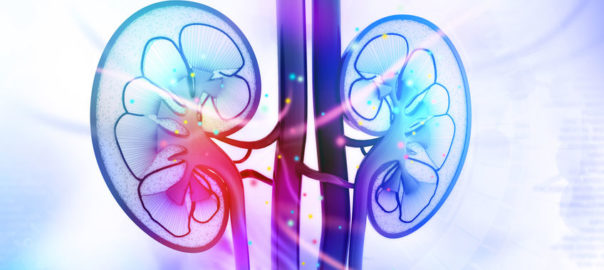Kidney Disease and Stem Cell Research

Chronic kidney disease affects about 30 million Americans each year. There can be many different causes of kidney disease, although there are few treatments available. Stem cell research is currently ongoing in a number of ways to both understand the kidneys better and also to develop stem cell therapies for the treatment of kidney disease. Here’s what you need to know.
Causes of Kidney Disease
There can be many different causes of kidney disease. Some of the common risk factors include:
- Diabetes
- High blood pressure
- Heart disease
- Genetic predisposition
- Environmental or personal factors, such as alcoholism
Kidney disease can also be a secondary condition that is caused by a weakening of the body due to a number of factors while treatment is ongoing for other serious conditions.
Current Treatments for Kidney Disease
There are really only two treatments for kidney disease. One is dialysis, which can pose other health concerns but is necessary to sustain life without kidney function. The other treatment is kidney transplants, which come with their own risks. Doctors and researchers are hoping to discover new treatments using stem cells.
Stem Cell Therapies
There are several research studies ongoing to discover how stem cells might be used to treat kidney disease. Stem cells are being used to create new veins for people to be able to receive dialysis. This is important because after years of dialysis the veins used are destroyed. Other researchers are trying to determine if injecting donor stem cells into transplant recipients can eliminate the need for life-long dependence on antirejection medications.
If you are interested in learning more about these stem cell treatments for kidney disease, contact us today for more information.


